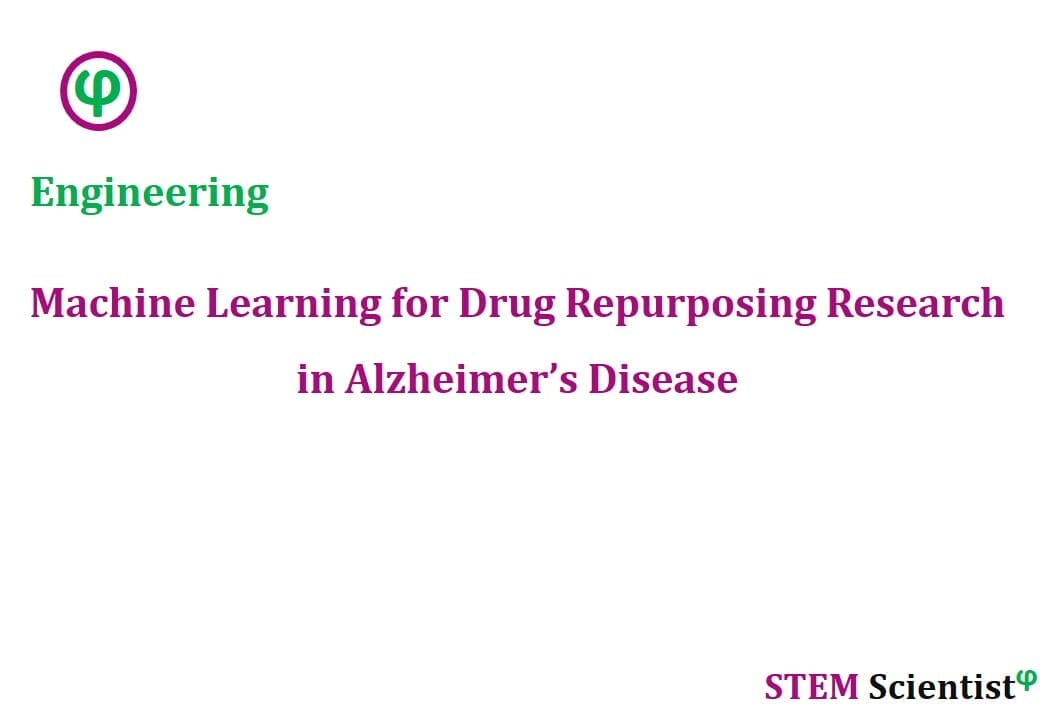
The following study was conducted by Scientists from Laboratory of Systems Pharmacology, Harvard Program in Therapeutic Science, Harvard Medical School, Boston, MA, USA; Department of Neurology, Massachusetts General Hospital, Charlestown, MA, USA. Study is published in Nature Communications Journal as detailed below.
Nature Communications; Volume 12, Article Number: 1033 (2021)
Machine Learning Identifies Candidates for Drug Repurposing in Alzheimer’s Disease
Abstract
Clinical trials of novel therapeutics for Alzheimer’s Disease (AD) have consumed a large amount of time and resources with largely negative results. Repurposing drugs already approved by the Food and Drug Administration (FDA) for another indication is a more rapid and less expensive option. We present DRIAD (Drug Repurposing In AD), a machine learning framework that quantifies potential associations between the pathology of AD severity (the Braak stage) and molecular mechanisms as encoded in lists of gene names. DRIAD is applied to lists of genes arising from perturbations in differentiated human neural cell cultures by 80 FDA-approved and clinically tested drugs, producing a ranked list of possible repurposing candidates. Top-scoring drugs are inspected for common trends among their targets. We propose that the DRIAD method can be used to nominate drugs that, after additional validation and identification of relevant pharmacodynamic biomarker(s), could be readily evaluated in a clinical trial.
Source:
Nature Communications
URL: https://www.nature.com/articles/s41467-021-21330-0
Citation:
Rodriguez, S., Hug, C., Todorov, P. et al. Machine learning identifies candidates for drug repurposing in Alzheimer’s disease. Nat Commun 12, 1033 (2021). https://doi.org/10.1038/s41467-021-21330-0


